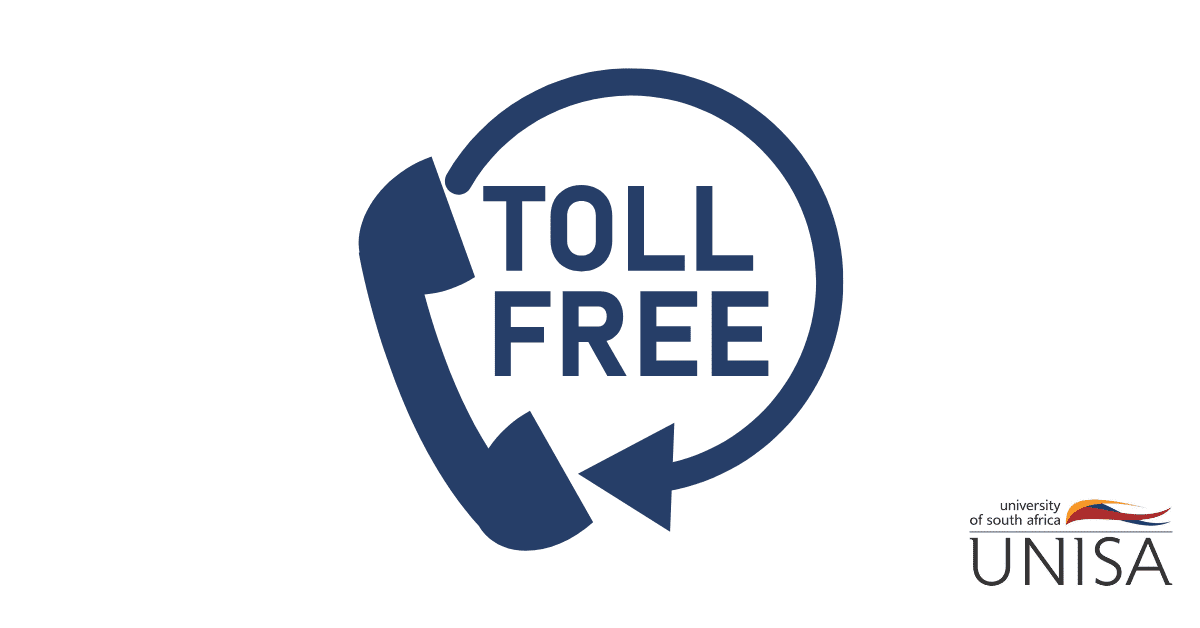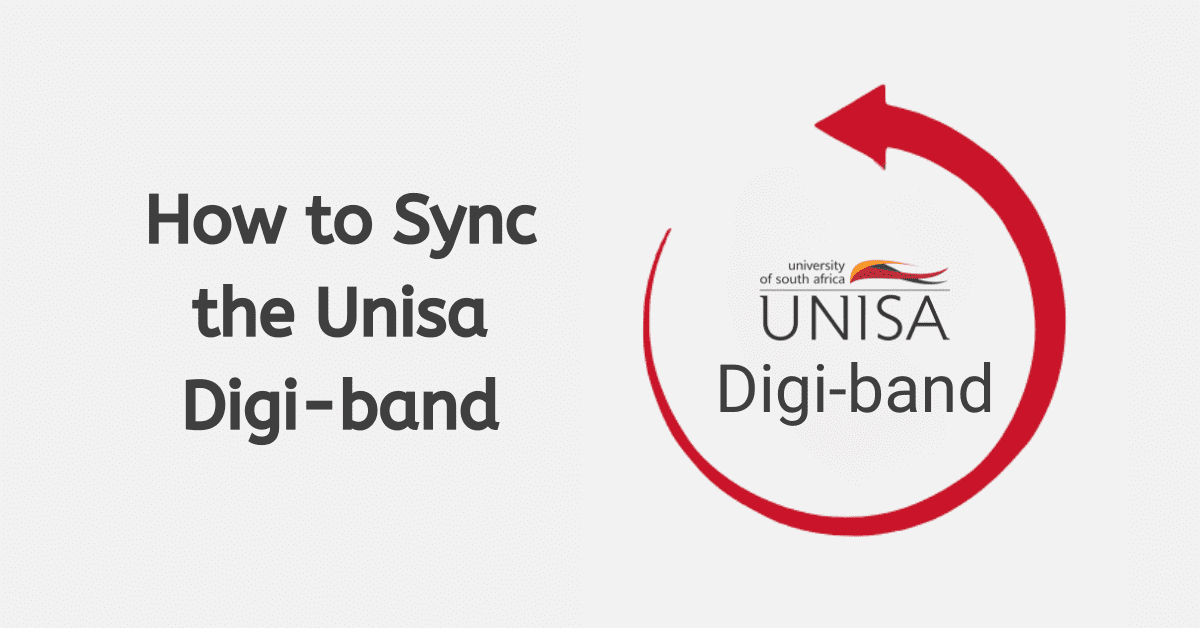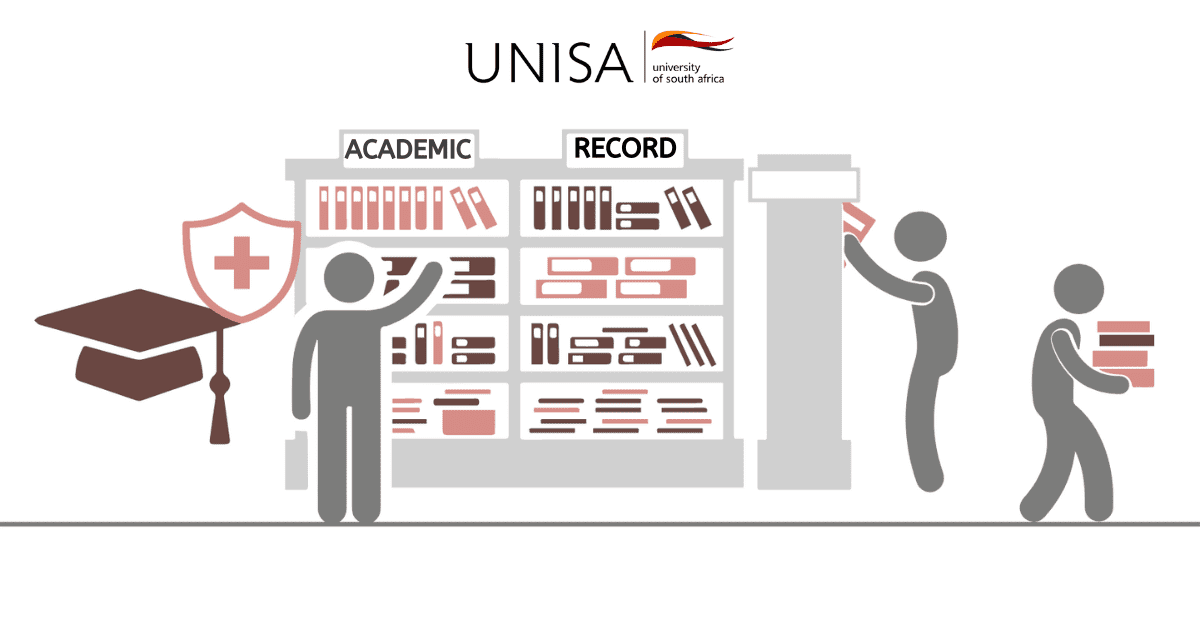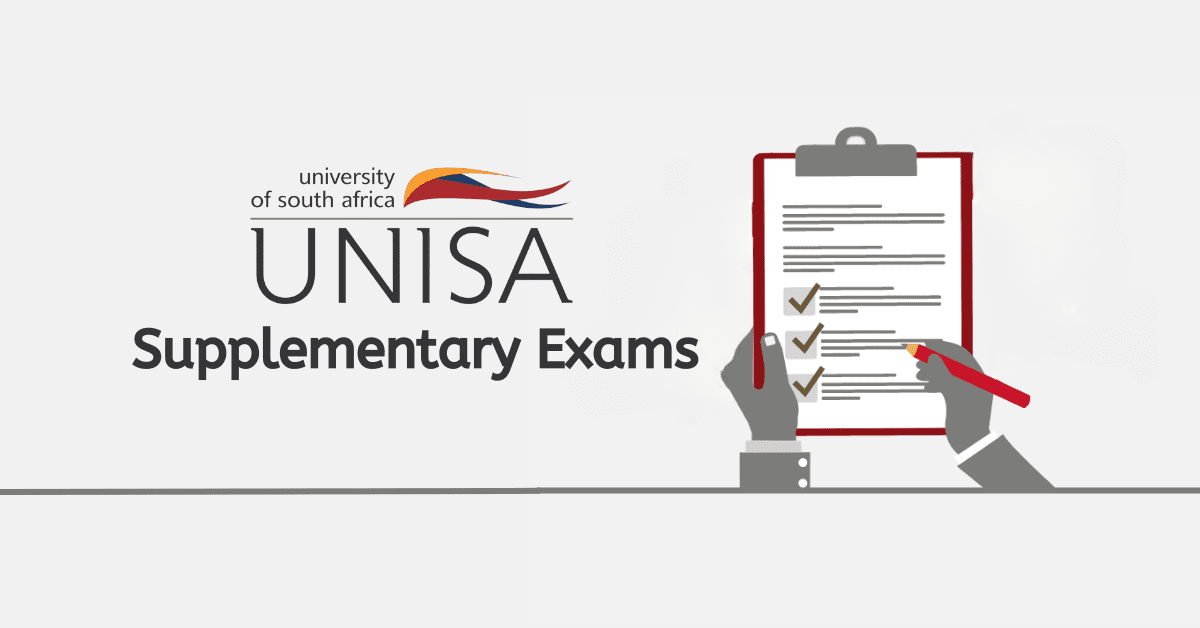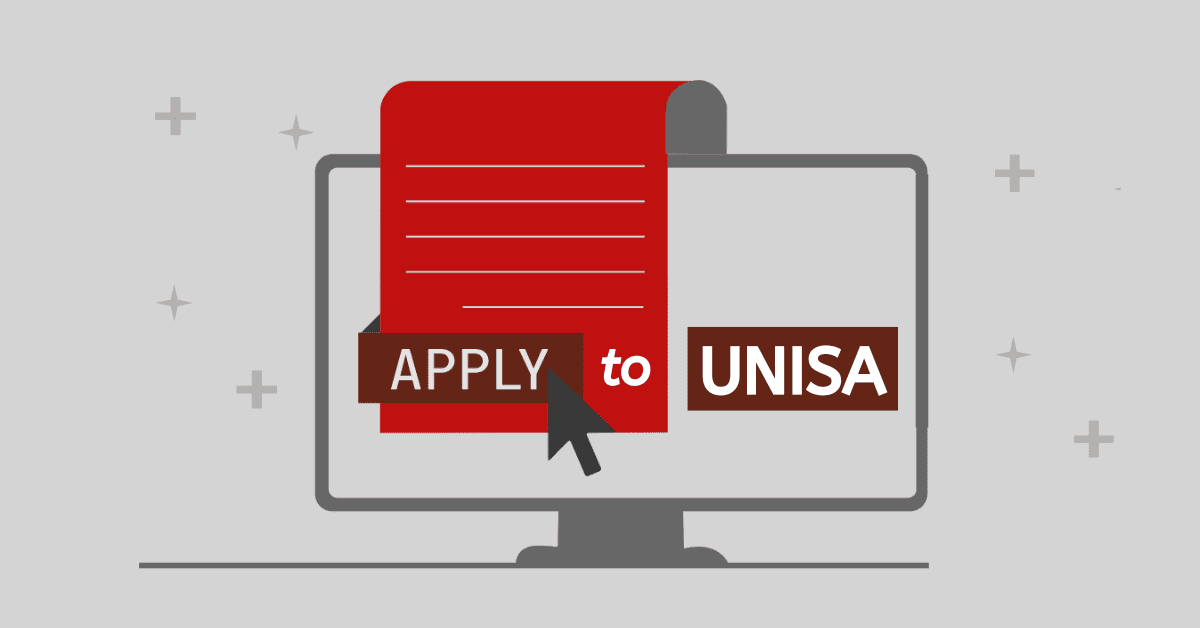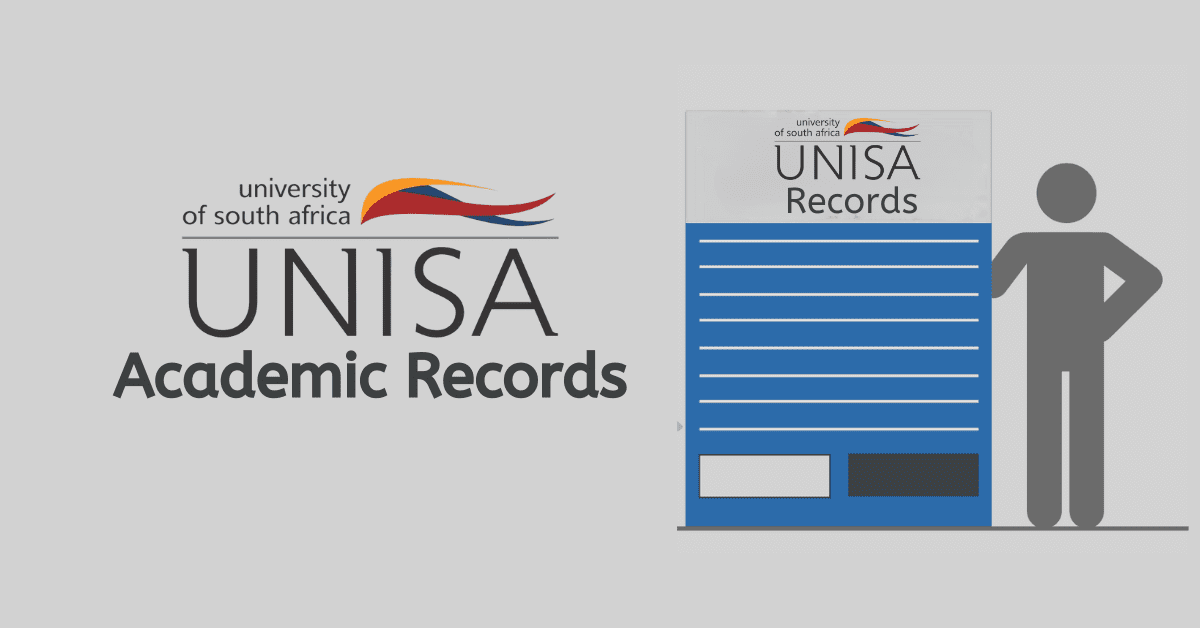It can be joyous when you have been referred for a job, a contract or a business deal. It becomes more glorious when you are put on that deal. Right! That is what everyone expects in life.
Referral and enrolment are two different things, although they will likely have some links between them. Before we dissect, let us look at what referral means and what enrolment means. Looking at these two in the context of job and education, we can derive something meaningful from these two words.
A referral refers to the act of recommending a candidate for a position within a company or suggesting the services of an individual. One common practice is to seek the recommendation of a current employee, which helps to build confidence in the abilities and personal qualities of the prospective candidate. Referral in education refers to suggesting a student for specialised programmes or courses tailored to their abilities or specific needs. This is done with the aim of enhancing their learning experience and ensuring they receive the most suitable education. Enrollment, on the other hand, refers to the official procedure of registering for employment or courses. The process includes completing paperwork, paying fees, and meeting all the necessary requirements to ensure a seamless transition into the desired job or educational pursuit.
Now that we know how both words sound and are defined, let us look at what referred to enrollment at UNISA means.
What Does ‘Referred For Enrolment’ Mean At Unisa
Enrolling in a university can be both thrilling and demanding. Receiving a notification that your selected programme has been referred to enrollment can be quite confusing. When you apply for a qualification at the University of South Africa, you may encounter a situation where the number of applications exceeds the available spots, resulting in an oversubscribed scenario.
We carefully review all applications for the specific qualification, ensuring each applicant meets the minimum entry requirements. The first step in the process is to narrow down the pool of candidates.
Once the processing is complete, UNISA establishes a ranking system that considers several criteria. These criteria include academic performance, previous qualifications, and relevant work experience. It is important to remember that simply meeting the minimum requirements does not guarantee admission. Candidates who are ranked higher have a greater chance of securing a spot.
Let me give you a clear example of how the enrollment process works.
A clear example of how the referred for enrolment occurs: Jane recently applied for a Psychology program at UNISA, which is known to be highly sought-after. Although her application fulfilled the minimum requirements, the program had more applicants than available spots.
Applicants to UNISA are ranked according to their previous academic achievements. Jane, who had an exceptional academic record, was ranked very highly and successfully secured a spot.
Deferred enrollment at UNISA is a method employed to ensure fair management of oversubscribed qualifications. Simply meeting the minimum requirements is merely the initial phase. Securing a spot is greatly influenced by your ranking in the process, which is determined by various criteria. If your application gets referred, don’t lose hope. There is still a chance that you might receive an offer, especially as higher-ranked candidates make their decisions. To maximise your chances of getting admitted to your desired programme, it is crucial to stay well-informed and closely follow the guidance provided by UNISA throughout the entire process.
How do you know that Unisa has accepted you?
Applying for admission at UNISA is a task on its own; applying to get into the right program is another task. In all these, how do you know if UNISA has accepted you?
When UNISA accepts you after your application, it means you can be enrolled at UNISA. This gives you the excitement of a great accomplishment.
Knowing if UNISA has been accepted can be done in two major ways.
The first way is to track your application status on the platform provided by UNISA. By entering your student number and other details, you will be able to view the current status of your application. If you are accepted, you will have a congratulatory message on your dashboard.
Also, you may receive an email from UNISA in the email associated with your application. This will come with a letter or notice to inform you of your acceptance to study at UNISA.
How do I know if my Unisa registration was successful?
One of the most exciting moments at UNISA is seeing students eagerly rushing to complete their registrations, filled with anticipation for a successful outcome. Once the process is complete, users will receive a confirmation message in their myLife accounts. We are pleased to inform you that this message is UNISA’s official way of communicating a successful registration to our students. We want to ensure that you feel assured and confident in your academic journey.
How long does it take for Unisa to accept your application?
The most anticipated time is when you wish to know if your UNISA application has been accepted. It is very common to find many applicants looking to know the status of their application. This does come with a lot of anxiety, especially when you have no idea how long it takes for UNISA to accept an application.
One thing you have to know is that every academic year, UNISA receives over 200,000 applications. Considering these numbers, it can take several weeks for applications to be reviewed and accepted.
Although there are internal systems that have the parameters to indicate if an application passes the first rule of applying or not.
Applicants who are awaiting their application should keep in mind that it takes about 3 months for UNISA to review and give an outcome on applications.
However, some applicants may receive their outcome in less than a month, while others may take a month or two. It is important to give yourself at least 90 to 120 days if you submit your application and are looking to know how long it takes for UNISA to accept it.
